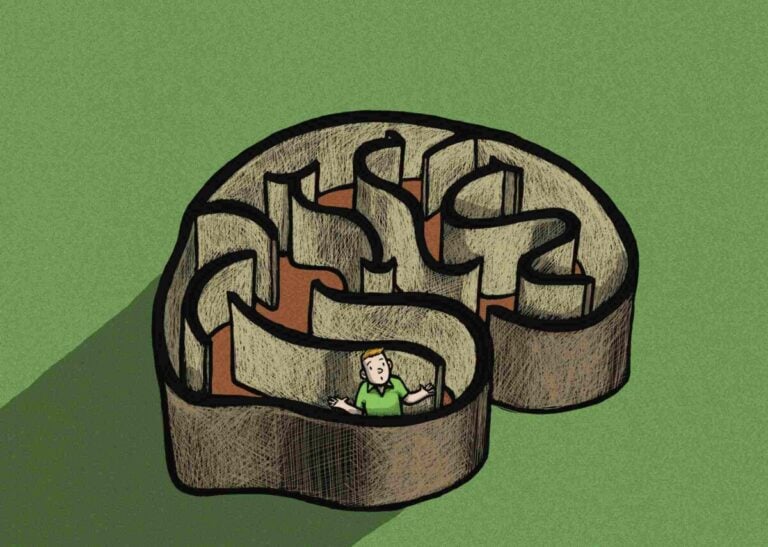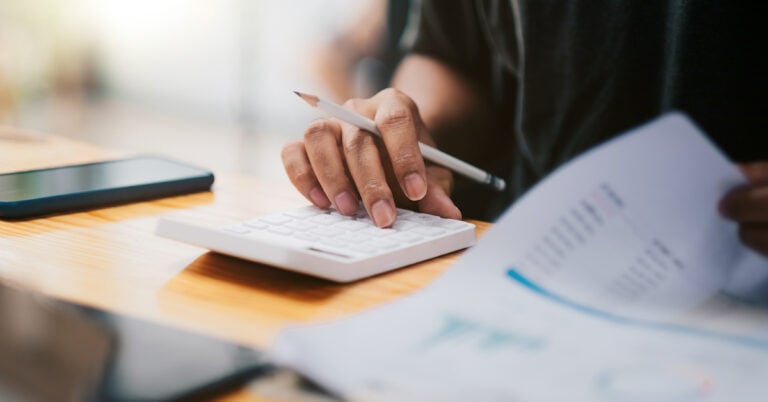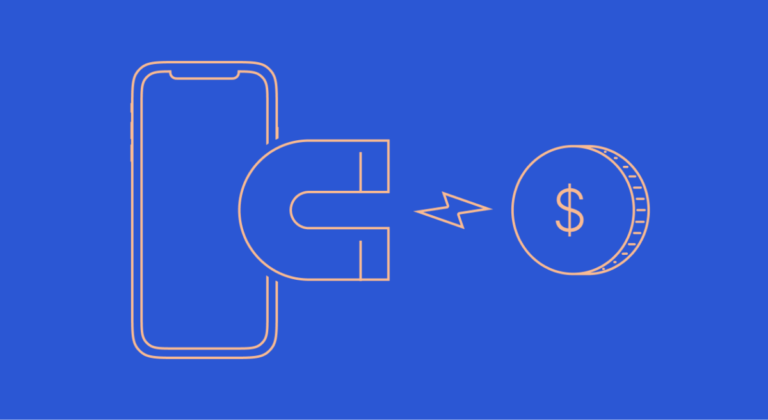A family or personal financial budget is a form of summary statistics that reflects actual and planned income. It also shows the expenses summed up over a specific time period – usually a month.
For many people, personal budgeting is associated with austerity, the process of scrupulous accounting of all pennies, etc. This procedure may seem boring. However, the importance of competent budget management cannot be overestimated.
This is an important process for keeping your personal finances under control and minimizing the risk of becoming needy. The topic of a personal budget should be considered from the position of analyzing a tool that helps to achieve important financial goals.
Let’s consider what principles for competent control of the personal budget need to be used. We will study their specifics, rules and key nuances.
Features of the structure of a personal budget
Thanks to the personal budget, it is possible to fix the actual and planned income, as well as expenses. At the same time, every aspect that happened during a certain period should be recorded, analyzed and compared.
Careful preparation of a personal budget will allow you to see the following points:
- where the earnings come from;
- what items are the expenses for;
- is it possible to execute the plan;
- how much income exceeds expenses.
When large expenses are identified for one item, an adjustment is possible. It is better to reorient these funds to significant articles.
It will also be possible to identify not too important areas that absorb a lot of money, but the benefits from them are insignificant. Here it is necessary to reduce costs as much as possible or completely stop spending in these sections.
For the structure of a personal budget, it is recommended to highlight the following points:
- non-permanent and fixed income planned;
- variable and fixed costs that are scheduled;
- a separate list with non-permanent and permanent actual incomes;
- options for lists containing non-permanent and fixed actual expenses;
- resulting sheet, where aggregate statistics with results are written.
It is convenient and most effective to maintain a personal budget option that has results with lists covering an average time period. The monthly period is most often chosen.
Principles of competent personal budget management
There are some aspects that are extremely important to take into account when drawing up and managing a personal budget. It is worth knowing at least 8 points representing step-by-step instructions.
Stage 1: Maintain all financial records
It is important to collect and keep the following documents for 2-3 years:
- bank statements;
- utility bills;
- checks;
- brokerage accounts;
- other evidence reflecting the outflow and inflow of money.
Through this financial documentation, you can trace the movement of financial flows. This helps to manage your personal budget, as well as control various aspects related to earnings and expenses.
Step 2. Record any sources of income
Each income-generating method must be recorded in a special journal (notebook, file on a PC).
Often people have such options for earning, in addition to the basic salary:
- investments in assets – precious metals, shares, cryptocurrencies, bonds and others;
- bank deposits;
- different forms of side jobs;
- paid paid work.
In each paragraph, you must indicate the value of the total monthly amount of earnings. In the case of tax deductions, their mark is also required.
Stage 3. Fix expenses
It is necessary during the competent management of a personal budget to fix expenses. Here, the planned spending of money during the billing month should be recorded.
This includes items:
- purchasing groceries;
- entertainment;
- mortgage payment;
- insurance;
- car maintenance costs;
- payment for utilities.
Stage 4. Divide profit into two types – stable and variable
Monthly money in the personal budget comes from constant sources of profit. For example, entrepreneurship, employment, etc. It’s good when you manage to add options to this category that give you stable passive income.
Periodic earnings are provided by variable profit. This form of replenishment of the personal budget is provided by various part-time jobs, coupon income from bonds, dividend payments from shares, Forex trading, etc.
Step 5. Separately account for fixed costs and recurring costs
When you need to make regular monthly payments, fixed costs are formed.
This category of financial costs includes:
- Internet payment;
- heating, gas, water, electricity and other items of utility bills;
- mortgage installments;
- rental fee.
Variable spending is characterized by regular changes in spending amounts. They are also disposable.
Here the examples are:
- gasoline, oil, car repair;
- holidays, events;
- travel;
- gifts;
- monetary expenses for entertainment.
Step 6. Add monthly expenses and income
After distribution and analysis, you should perform a calculation, during which the summation of the profit received from different sources during the month is made. It also needs to be done with expenses.
When a positive result is obtained – income is greater than expenses – everything is fine. This alignment creates the opportunity to save money in order to create a backup financial cushion.
In a situation with excess costs (more than income), solutions must be found to reduce costs. It will take a correction of the personal budget and scrupulous implementation of innovations.
Stage 7. Increase profits and reduce costs
Finding an excess of spending over income requires careful analysis to find ways to cut spending. Without significant damage, it is possible to exclude some costly items – travel, entertainment, etc.
The flow of money in other unimportant directions is easy to cut. Here, good savings are provided by discounts, the use of the services of cheaper suppliers. There are a lot of options and with due consideration there will definitely be profitable alternatives.
Very good efficiency can be provided by the principle of synergy ¬ performance enhancement from a combination of two factors or campaigns. Therefore, it is necessary to try to increase the amount of profit.
Here, an important point in the competent management of a personal budget will be the search for additional sources of income. These are different part-time jobs, a requirement to increase wages or change jobs to a higher paying one.
Step 8. Analyze personal budget
If you do not conduct audits and do not analyze your personal budget, then you will not be able to competently manage the distribution of funds and gradually create a financial cushion. It is necessary to periodically compare actual income and expenditure with the values noted in the budget items.
The formed budget plan should be carried out with the greatest accuracy. When the need arises, the costly parts of items that do not affect the current standard of living should be cut.
Conclusion
It is imperative to follow the principles and nuances for the competent management of a personal budget. It is necessary to constantly strive for such a result, where the receipt of income exceeds the expenditure.
With the help of free money, it is important to form passive income on investments. Investments can be made in various financial instruments, the income on which exceeds the level of inflationary depreciation of money.
















